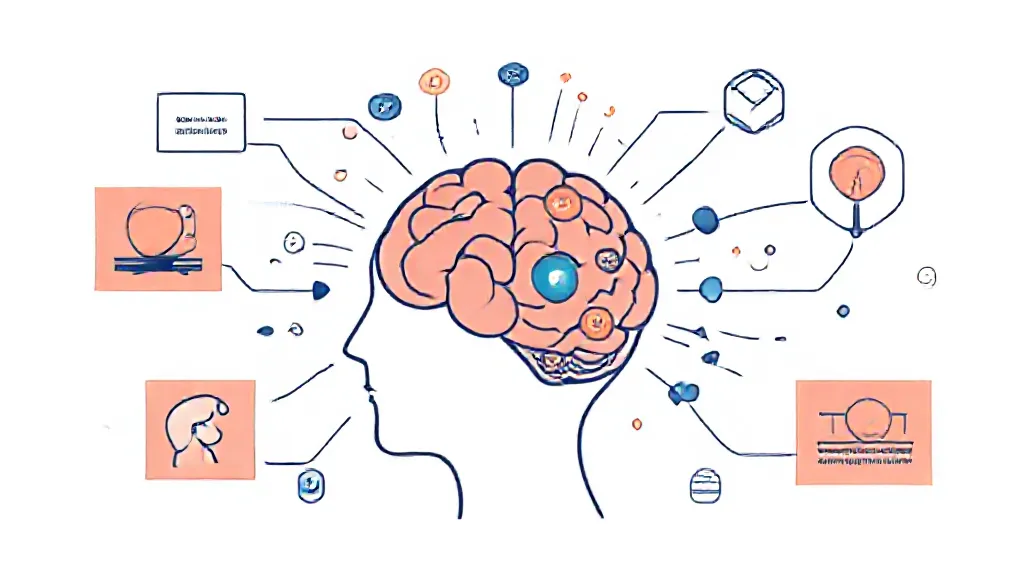Understanding buyer psychology is crucial for businesses seeking to thrive in a competitive marketplace. Buyer psychology encompasses the study of how consumers think, feel, and make decisions regarding purchasing products or services. By delving into the intricacies of consumer behavior, businesses can tailor their marketing strategies to resonate more effectively with their target audience, ultimately driving sales and fostering brand loyalty.
The Role of Emotions in Buying Decisions
Emotions play a significant role in buyer psychology. Studies have shown that purchasing decisions are often influenced more by feelings than by rational thought. For instance, a consumer may choose a luxury brand not solely for its quality but due to the prestige and emotional satisfaction it provides.
Marketers can leverage this insight by creating campaigns that evoke positive emotions, such as happiness or nostalgia, thereby enhancing the likelihood of purchase.
The Influence of Social Proof
Social proof is another critical aspect of buyer psychology. People tend to look to others when making purchasing decisions, often relying on reviews, testimonials, and recommendations from friends or family.
This phenomenon can be observed in various industries, from restaurants to online shopping platforms. Businesses can capitalize on social proof by showcasing customer testimonials, user-generated content, and influencer partnerships to build trust and credibility in their brand.
Understanding Consumer Needs and Wants
To effectively engage consumers, businesses must differentiate between needs and wants.
Needs are essential for survival, while wants are influenced by personal preferences and cultural factors. For example, while food is a basic need, the choice of a gourmet meal is a want that reflects individual tastes. By understanding these distinctions, businesses can create targeted marketing messages that address both the fundamental needs and the aspirational wants of their consumers.
The Impact of Cognitive Dissonance
Cognitive dissonance refers to the mental discomfort experienced when a consumer's beliefs or values conflict with their purchasing decisions. For example, a buyer may feel guilty after purchasing an expensive item, leading to second-guessing their choice. Businesses can mitigate this dissonance by providing post-purchase support, such as follow-up communications or satisfaction guarantees, which reinforce the consumer's decision and enhance overall satisfaction.
Segmentation and Personalization Strategies
Effective segmentation and personalization are vital components of understanding buyer psychology. By segmenting their audience based on demographics, psychographics, and behavior, businesses can create personalized marketing messages that resonate with specific consumer groups. For instance, a fitness brand might target health-conscious individuals with tailored promotions, while also appealing to casual gym-goers with different messaging.
This approach increases engagement and conversion rates, as consumers are more likely to respond positively to content that feels relevant to them.
The Importance of Trust and Credibility
Trust is a cornerstone of buyer psychology. Consumers are more likely to engage with brands they perceive as trustworthy.
Factors such as transparency, ethical practices, and consistent quality contribute to building this trust. Brands that prioritize customer service and openly address concerns can foster a loyal customer base. For example, companies that provide clear information about their sourcing practices or offer easy return policies often see higher customer satisfaction and retention rates.
Leveraging Behavioral Economics
Behavioral economics merges psychology and economic theory to explain how psychological factors influence consumer behavior. Concepts such as loss aversion, where consumers prefer avoiding losses over acquiring equivalent gains, can inform marketing strategies. For instance, limited-time offers tap into this principle, encouraging consumers to act quickly to avoid missing out.
By applying behavioral economics principles, businesses can design effective promotions that resonate with buyer psychology.
Conclusion: The Path to Business Success
In conclusion, understanding buyer psychology is not merely an academic exercise; it is a fundamental business strategy. By comprehensively grasping the emotional, social, and cognitive factors that drive consumer behavior, businesses can create more effective marketing strategies that lead to increased sales, enhanced customer loyalty, and long-term success.
As the marketplace continues to evolve, companies that prioritize consumer psychology will be better positioned to adapt and thrive in an ever-changing environment.
